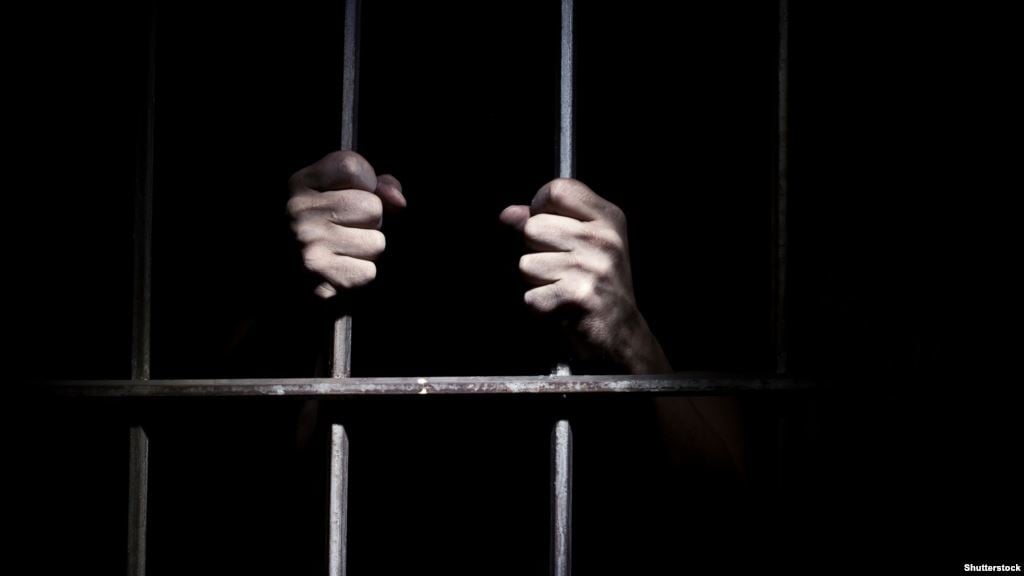
What happens at the Commission of Inquiry on Enforced Disappearance

Portraits of Quaid-i-Azam Muhammad Ali Jinnah and Dr Allama Muhammad Iqbal are hanging on the wall of the room where the whole activity goes on. A long table is placed in the middle of the room where Justice (r) Javaid Iqbal sits as the head of the Commission of Inquiry on Enforced Disappearance (COIOED).
The judge takes up cases one by one and inquires about the missing persons from the representatives of civilian and military intelligence agencies and the law enforcement agencies, including the Punjab police, who are sitting along one side of the table. The venue is the basement of Aiwan-e-Iqbal situated at Egerton Road, Lahore.
The relatives of the missing persons sit in the area outside this room on chairs or cushions that they have brought along. They are hoping against hope that one day they would find their loved ones alive. Their body language shows they are stressed out. They hardly talk.
The complainant families sit detached from the surroundings and do not interact with each other. During this time, their eyes remain fixed on the door for their turn. When they are called, the commission head hears them and asks about the whereabouts of their relatives from the concerned officials present there.
This is a scene from the COIOED hearings in Lahore which is one of the four cities where the hearings are held. The other three cities are Quetta, Karachi and Islamabad. The mandate of the commission is to hear cases of Enforced Disappearance/Missing Person. The commission holds hearing of cases in Islamabad and Karachi on a daily basis. Hearings are held monthly in Lahore and Quetta. People from Peshawar come to Islamabad for the hearings.
As per the statement on the COIOED website: a missing person is "such person as has been picked up/taken into custody by any Law Enforcing/Intelligence Agency, working under the civilian or military control, in a manner which is contrary to the provisions of the law. The persons, who have gone missing in cases of kidnapping for ransom, personal enmity or on their own, do not fall within the ambit of the Enforced Disappearances (ED)."
According to Fareed Khan, Secretary, COIOED, the commission calls all stakeholders, including representatives of Inter Services Intelligence ISI, Military Intelligence MI, Frontiers Corps, Punjab Police, Ministries of Interior and Defence and so on and asks them to produce the missing persons if they have them in their custody. If a complainant points out that a specific institution or police station has picked up the said person, the commission can issue order of his production," he adds.
Read also: Editorial
Under the commission rules, the parties are not represented through legal counsels. The same rules call for formation of Joint Investigation Team (JIT) immediately by the Home Secretary/ Chief Commissioner ICT in each case of missing persons. The JIT will immediately order registration of FIR, if not already registered. JIT will consist of representatives of Counter Terrorism Department CTD, Special Branch of Police, Intelligence Bureau, Inter Services Intelligence ISI, Military Intelligence (MI) and Frontier Corps (FC) if the case belongs to KPK and Balochistan. None of the representatives will be less than grade 17. The Home Secretary/ PPO/ IG of Police will appear for hearing before the commission personally, if the whereabouts of missing persons are not traced by JIT within the specific timeframe of 45 days and 30 days.
According to data available with TNS, the Commission received 4113 cases of missing persons up till June 30, 2017. About 2857 out of 4113 cases were disposed of till July 30, 2017. Around 377 hearings were held in the country and despite that 1256 persons are still missing in the country.
In Khyber Pakhtunkhwa, 1582 cases of missing persons were received. Around 666 missing persons were traced and 831 cases were disposed of till July 30, 2017 yet 751 missing persons are to be produced.
In Punjab, 862 cases of missing persons were received, 450 missing persons traced and 617 missing persons’ cases were dispose of while 245 persons are still missing.
Sindh Province ranks second on the list of missing persons. 1055 cases of missing persons were received, 766 traced and 1005 cases of missing persons were disposed of and 50 persons are still missing.
In Balochistan 291 cases of missing persons were received, 108 missing persons traced and 193 cases of missing persons were disposed of. and 98 persons are still missing. 45 people in Islamabad, 48 in Fata, 5 in Gilgit Baltistan and 14 persons in Azad Jammu Kashmir are still missing.
The commission has been criticised for poor performance. According to I.A. Rehman, human rights activist and senior journalist, "disposal of cases is not a solution." If a dead body of a missing person is found, the commission declares the case has been disposed of. He laments that the commission does not have the authority to punish the concerned people who abduct the persons and kill them. "The commission is helpless before the police and law enforcement agencies," he says.
Rehman says "a judicial commission should be established to resolve the issue of missing persons that could probe the hidden forces and make them accountable and order compensation for the families. Activists and human rights defenders have also been picked up which is again illegal."